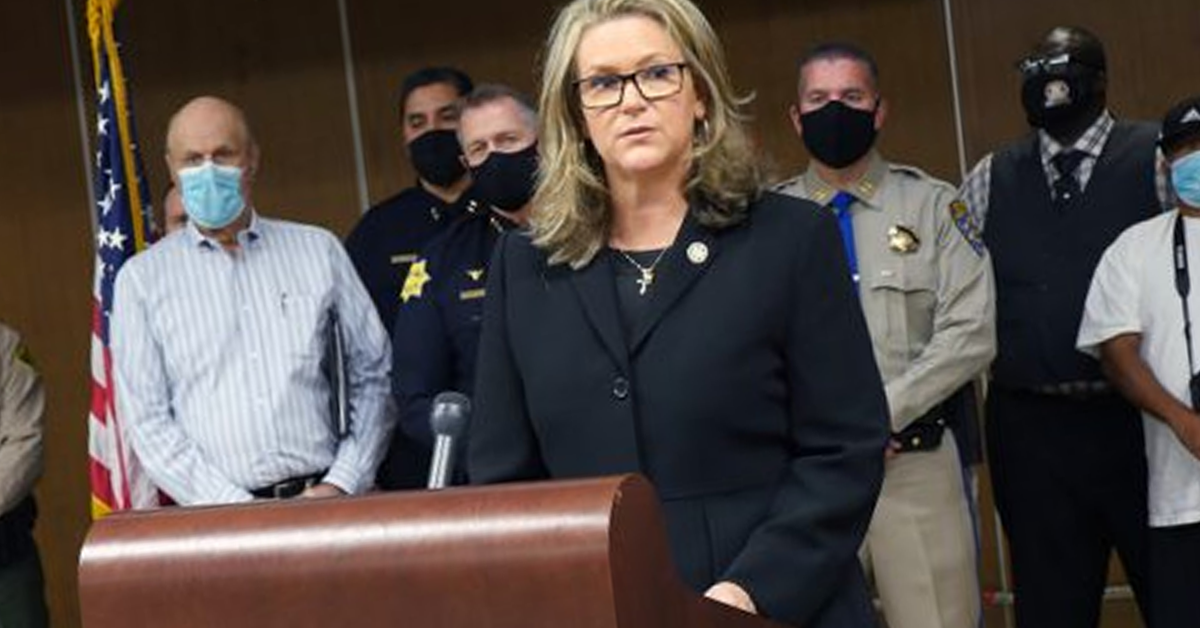Fresno County Public Health officials announced Friday that medical professionals in the county had processed between 200 and 300 laboratory tests for coronavirus, with only six confirmed cases of the disease since its American outbreak.
Of the six cases, only one was acquired “person-to-person,” Fresno County Interim Public Health Officer Dr. Rais Vohra said in a press conference on Friday. The individual acquired the virus when visiting a relative in the San Francisco Bay Area who also came down with the disease.
All Fresno County confirmed cases are in stable condition, Vohra said.
Given that nearly all cases are travel-related, Fresno County Public Health maintains that the disease has not engaged in community spread.
“We know that we’ve tested somewhere between 200 and 300 people through the purview of the Department of Public Health,” Vohra said.
Vohra cautioned that there are additional private labs in the area that were engaging in coronavirus testing as well. Those labs do not report negative testing figures to the County Department of Public Health. He estimated that the number of lab tests between both Public Health and private labs could be in the thousands.
Lab tests managed by Fresno County’s Department of Public Health are currently being administered by the county’s major hospitals – Community Regional Medical Center, Clovis Community Medical Center, St. Agnes Medical Center – along with a Fresno County Public Health location. An urgent care facility began testing on Friday, Vohra said.
Two additional clinics are being brought online to aid in testing, Fresno County Director of Public Health David Pomaville said.
“It’s not the number of tests – it’s the number of appropriate tests that’s the metric,” Vohra stressed. “As long as you’re being tested appropriately then I think that’s what we should be looking for.”
Fresno County public health officials have enacted judicious criteria to ensure prospective patients likely to contract coronavirus are being tested.
Such criteria, Vohra said, include traveling from areas that are considered high risk, engaging in close contact with other people that have confirmed infection, and individuals people that have a high risk of passing the disease onto large groups of people – such as those working in health care or are first responders.
“People should only be tested, first of all, if they are experiencing symptoms of COVID,” Vohra said. “That means fever and some kind of upper-respiratory symptoms, and they have to fall under one of those other high risk criteria.”
Since the outbreak, Fresno County Public Health has monitored approximately 550 people who travelled to high risk areas and returned to the County, Pomaville said. Those individuals were instructed to isolate at home for the recommended 14 day incubation period.
Half of that pool emerged without symptoms after 14 days and were no longer monitored, he added, and only a few required laboratory testing.
Vohra asked Fresno County residents to reduce ambulatory visits to clinics and primary care physicians and shift such doctor visits from in-person to over the phone.
“The minute you become symptomatic, the most important step you can take is not getting tested – it’s to isolate yourself at home,” Vohra stressed. “That’s what’s going to protect you, your family, your community, your neighborhood, all the older folks that we’re trying to protect, stay at home, especially if you’re symptomatic.”
He added that those experiencing symptoms with underlying medical conditions should contact their physician immediately.
“I know people are worried about the testing and they want to rush and get tested – really, the best thing you can do is recover from this at home,” Vohra said.
Vohra said that, based on current data, about 80 percent of those who contract coronavirus will be able to recover within a few days at home.
“They’re going to recover after a lot of water, a lot of hydration, chicken soup, and some couch time,” he said. “The test is not the most important part of the COVID infection, spacing is. Space yourselves out.”
Despite headlines of limited availability of tests, Pomaville said the county has sufficient supply to appropriately test for the disease. However, a different issue has complicated diagnosis.
“We have testing swabs – the nasopharyngeal swabs – available to providers. Those are in limited supply, but there are ample available in the community,” Pomaville said. “The bottleneck right now is getting them to the laboratory and the laboratories having capacity.”
Fresno County sends its swabs to Quest Laboratories, Tulare County Public Health’s Laboratory along with those controlled by the California Department of Public Health and the Centers for Disease Control, Pomaville said.
Currently, a lab test takes about three days to process, Vohra said.
Throughout the Friday afternoon press conference, the County’s two public health leaders reiterated a key note amid constant headlines about the outbreak: maintaining calm.
“We all owe it to each other to be calm – to try to maintain a level-headedness,” Vohra said.










